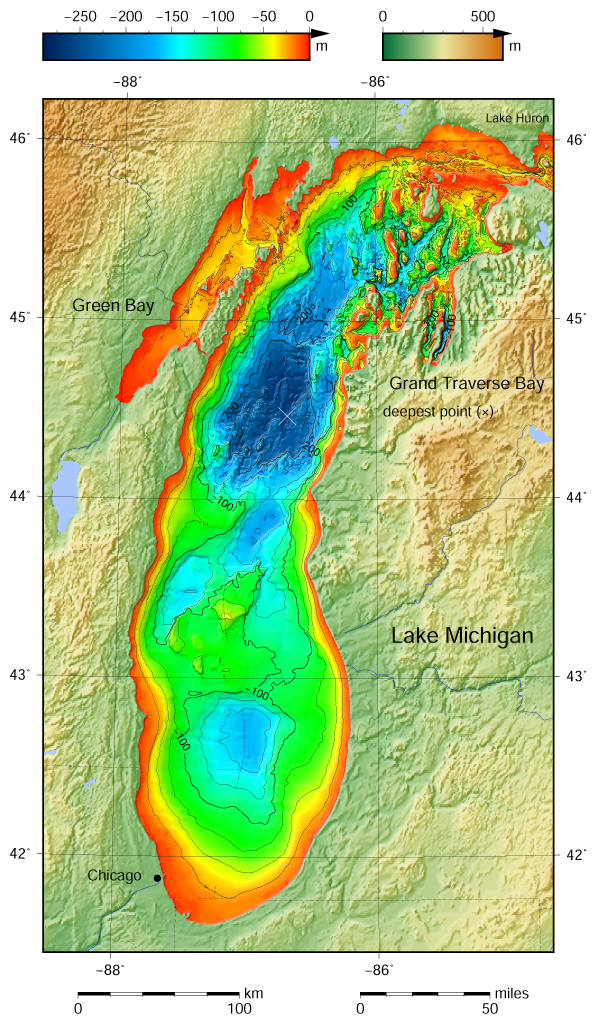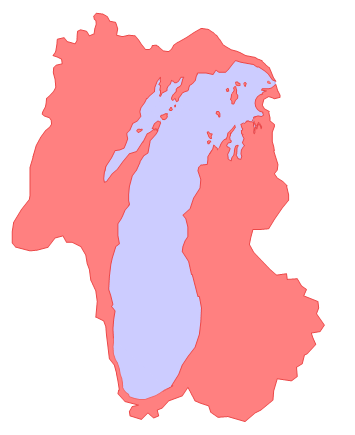Professor Prescott (and Roland),
Greetings.
Thanks to MJ Cartwright for her edifying Matterhorn court innovations' presentation at Stanford Law's Codex today. I didn't note her email down and can't find it readily online, so I'm emailing you to say thank you, since I was able to find your email online. Matterhorn is impressive and a great development in online court innovations. Could you possibly please let her know, and give her my thanks?
In developing a CC MIT OpenCourseWare- (in 7 languages) and Yale OYC-centric online university - wiki CC OCW World University and School (planned in all ~200 countries' main and official languages as major universities "the MITs/Harvards/Stanfords of the Web," and in all 7,097 living languages as wiki schools for open teaching and learning, emerging from CC Wikidata/Wikibase, which is CC Wikipedia's database in 358 languages) - I asked her about how the data from Matterhorn might be used in 5-10 years from now, for example, and want to follow up in email - especially with regard to teaching from this. (WUaS is planning to offer online accrediting CC OCW Bachelor, law, Ph.D., and M.D. degrees, as well as I.B. high school degrees - again in all countries' official languages +). So, if Stanford Law School or the upcoming law schools at World University and School (planned online in all countries' main and official languages), for example, wanted to teach from them, how would you structure this at Matterhorn? And how will you structure ownership of the data questions at Matterhorn, as they unfold? Creative Commons' licensing, which is like ownership for sharing, seems like a fascinating possibility in these regards - and also like a kind of big ocean around the islands of CC organizations (or moat around similar castles even).
As you know, I'm sure, MIT itself doesn't have a law school or medical school, so CC WUaS will have to explore partnering / collaborations in other ways than accrediting on CC MIT OCW in all of its languages for free-to-students' CC OCW Bachelor and Ph.D. degrees in multiple languages.
I wonder what possibilities there might be for WUaS in exploring partnering or collaborating with you and MJ re online law school questions?
Thanks to MJ and for your Matterhorn project, and looking forward to further communication about this.
Sincerely,
Scott
*
Dear Professor Karanasiou (and Roland),
(Greetings Professor Pinotsis).
Thank you for your timely and topical presentation today. While I don't follow closely the questions you addressed today, here's the article I mentioned -
"Why This Robot Ethicist Trusts Technology More Than Humans:
MIT’s Kate Darling, who writes the rules of human-robot interaction, says an AI-enabled apocalypse should be the least of our concerns."
Do you know Kate Darling @grok_ at MIT in Cambridge, Professor Pinotsis, by any chance?
In developing a CC MIT OpenCourseWare- (in 7 languages ... https://ocw.mit.edu/courses/
Something like Creative Commons' licensing of data, which is like ownership for sharing, seems like a fascinating possibility to address the questions you're asking, Professor Karanasiou, - and also like a kind of big ocean around the islands of CC organizations (or moat around similar castles even).
As you know, I'm sure, MIT - e.g. https://ocw.mit.edu/ - itself doesn't have a law school or medical school, so CC WUaS will have to explore partnering / collaborations in other ways than accrediting on CC MIT OCW in all of its languages for free-to-students' CC OCW Bachelor and Ph.D. degrees in multiple languages, for our online law schools - and at Greece World University and School - http://worlduniversity.wikia.com/wiki/Greece (WUaS is moving to a new wiki emerging from Wikidata/Wikibase fairly soon) - and planned in Greek.
I wonder what possibilities there might be for WUaS to explore collaborating with you re online law school questions and Greece WUaS - per the provocative questions you're asking, raising and addressing?
Thanks for your great research, and looking forward to further communication about this.
Sincerely, Scott
*
Hi Scott,
Thanks for your email, and for your enthusiasm. I'm CCing MJ so she has your email and contact information... I'll let MJ react to your comments and questions. Have a great evening.
All best,
JJ
Thanks for your email, and for your enthusiasm. I'm CCing MJ so she has your email and contact information... I'll let MJ react to your comments and questions. Have a great evening.
All best,
JJ
------
JJ Prescott
JJ Prescott
University of Michigan
*
Thanks, JJ, and Greetings MJ!
Great to be in communication.
All best, Scott
*
Hi Everyone,
Our next CodeX meeting is this today (3/16), from 1.30p to 2.30p PT, in room N102 of the Neukom building of SLS (or via Bluejeans link below).
Our guests will be:
Our next CodeX meeting is this today (3/16), from 1.30p to 2.30p PT, in room N102 of the Neukom building of SLS (or via Bluejeans link below).
Our guests will be:
MJ Cartwright, CEO, Court Innovations Inc. Court Innovations, makers of the Matterhorn online case and dispute resolution platform, is a spin-out of the University of Michigan Law School, co-founded by U-M law professor and Stanford alumnus JJ Prescott. Matterhorn brings people together in an online environment to resolve relatively minor legal issues, including small claims cases, delinquent taxes, warrants, and disputed traffic and parking cases. MJ will be presenting remotely.Dr. Argyro P. Karanasiou, Assistant Professor (Senior Lecturer) of IT & Media Law, Centre for Intellectual Property, Policy & Management within the Media & Communications school at Bournemouth University, UK. Dr. Karanasiou will discuss her paper, which dissects the intricacies of automated decision making (ADM) and urges refinement of the current legal definition of AI when assessing the role of algorithms in the advent of ubiquitous computing, data analytics, and deep learning. Argyro will be presenting remotely.
Tucker Cottingham, JD, CEO, and Vahed Qazvinian, PhD, CTO, Mystacks, Inc. Mystacks is a computational linguistics company building an AI document drafting assistant for lawyers. Its cloud-based drafting platform is based on proprietary machine learning technology that understands industry-specific language and context, enabling users to generate and edit groups of documents simultaneously, and build, select, edit, collaborate, sign, and store documents in one place. Tucker will present from our meeting room at Stanford Law School..
See you then!
Roland*
Clik here to view.

...


